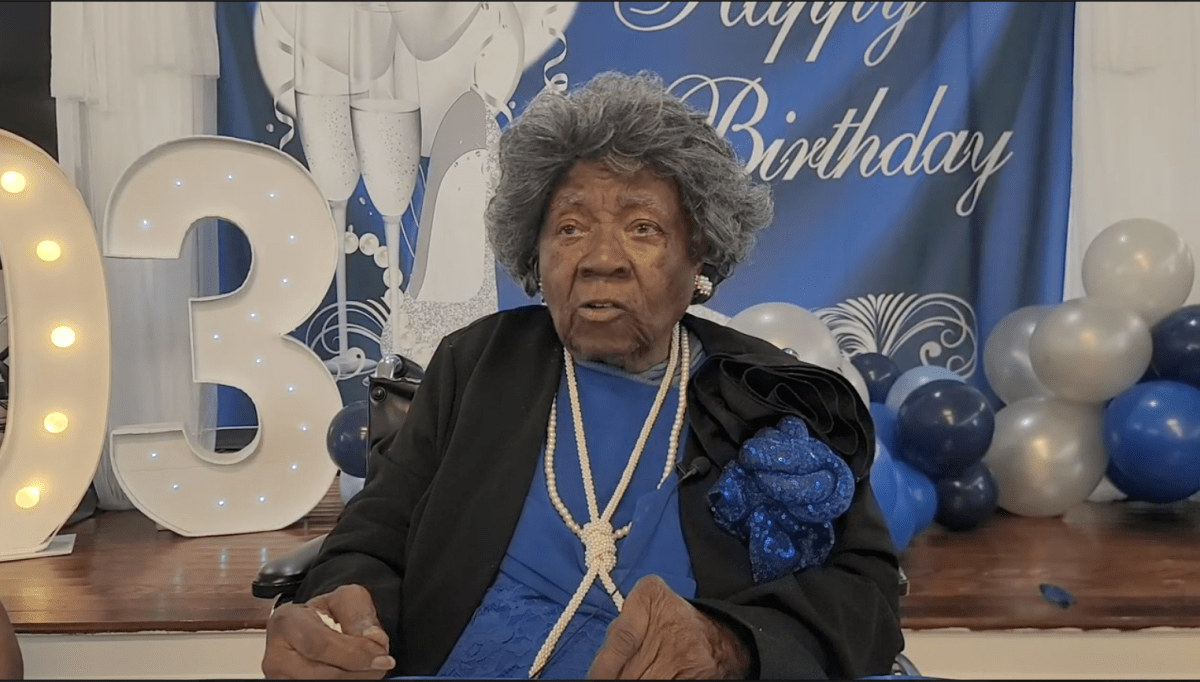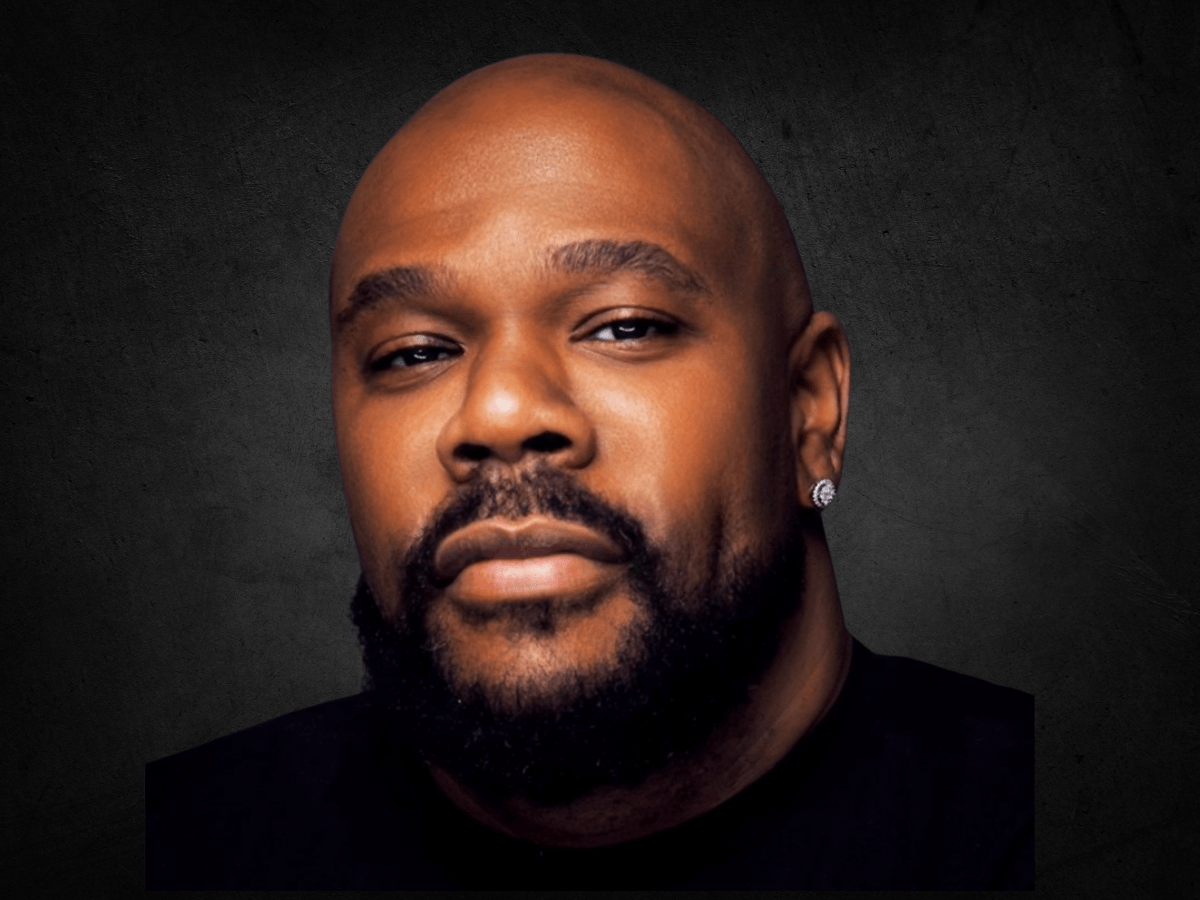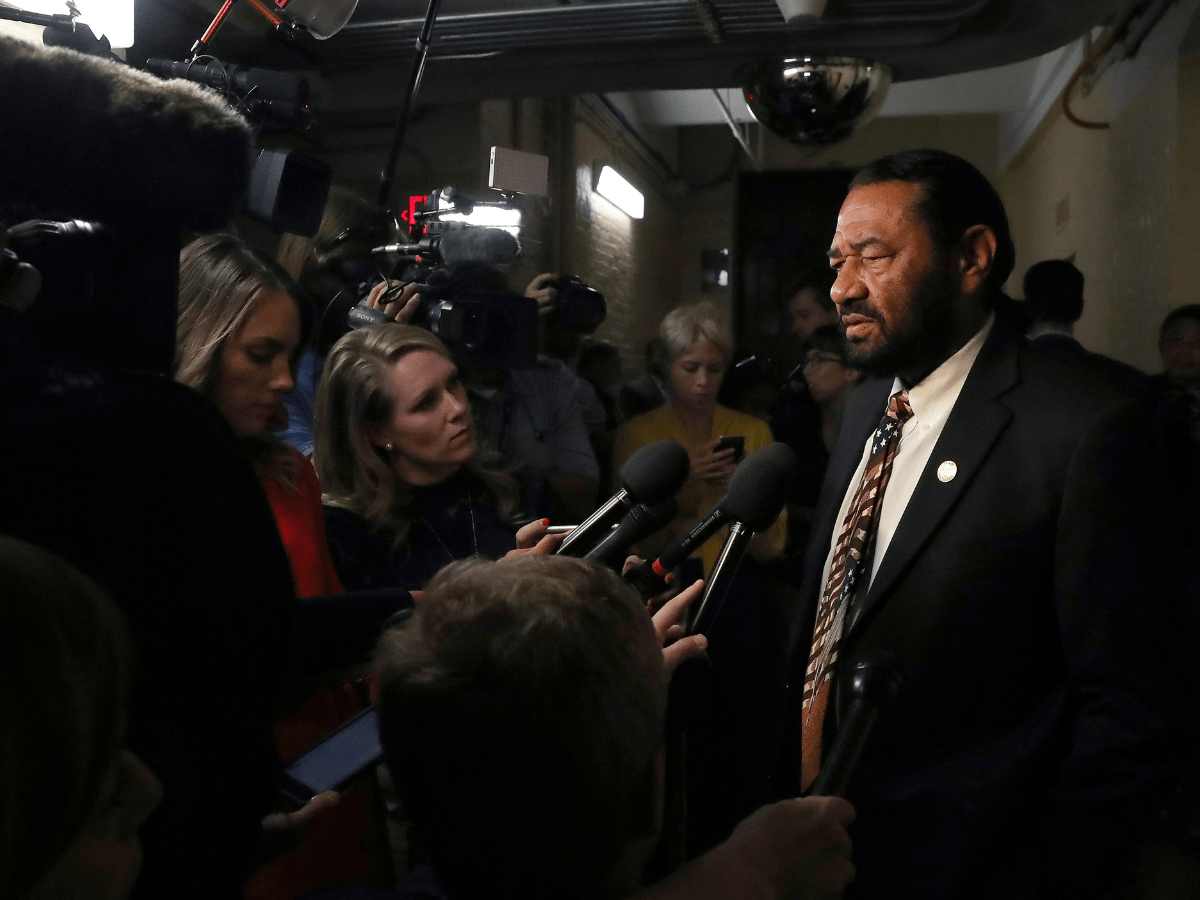The recent election of Houston’s Texas House Representative Gene Wu as the new chair of the Texas House Democratic Caucus (HDC) represents the shifting political climate in the city. This is especially true in Ft. Bend County, where the Asian American Pacific Islander (AAPI) population has skyrocketed.
Black political influence has been increasing in Ft. Bend County during the last few decades. Many people are questioning whether an Asian-Black political coalition is a reality now or in the future given the recent rise of AAPI residents and political participation.
WU TRACK RECORD
Wu (TX Houston District 137) has supported the Black community in Houston in numerous political conflicts for many years.
Just two months before the Nov. 5 election, he opposed Gov. Greg Abbott’s voter suspension initiatives, which deleted over two million people from Texas’ voter rolls, and the state takeover of HISD.
Wu stated shortly before the 2024 presidential election that Texas under Governor Abbott has a long history of figuring out ways to prevent those he dislikes from exercising their right to vote.
In 2020 Wu and State Senator Borris Miles filed bills to ban no-knock warrants statewide in hopes of protecting Texas citizens from the no-knock fate that led to Breonna Taylor s death.
AAPI ALLIES?
One place where increasing AAPI political strength is being flexed is the Southwest Houston region, according to Michael O. Adams, a political scientist at Texas Southern University.
As embodied in the person of Vice President Kamala Harris, the Black and AAPI relationship is growing and strengthening, particularly in Southwest Houston and Fort Bend County, said Adams. This growing connection is demonstrated by the election of Black and AAPI elected figures in these regions.
The AAPI population is expanding at the quickest rate of any demographic, according to Adams, and their political influence is predicted to increase dramatically. In Fort Bend County, one of the most diverse counties in the United States, the interaction of Black and AAPI populations is especially important.
This region is a prime example of how demographic changes are altering the political climate in the area. Both municipalities have experienced significant growth in terms of both population and civic involvement. Asian American political action has made Fort Bend a focal point, frequently intersecting with Black community issues including healthcare access and school reform.
COMPLEXITIES
Fort Bend County Precinct 2, Place 1 Judge Roderick Garner views the Black/AAPI relationship as complex.
According to Garner, there appears to be reciprocal acceptance from both a cultural and assimilation standpoint. However, some in the African American community are skeptical about the manner in which other demographics receive deference from the establishment (city, county, state, federal), yet Blacks find themselves clawing for equality on all levels. This sentiment applies to the AAPI community, as well.
Garner says as elected officials, Blacks have done considerably well, but not so much regarding county executives who are not elected.
Blacks do not enjoy the same opportunities. The question is, Why ?
Note: Every piece of content is rigorously reviewed by our team of experienced writers and editors to ensure its accuracy. Our writers use credible sources and adhere to strict fact-checking protocols to verify all claims and data before publication. If an error is identified, we promptly correct it and strive for transparency in all updates, feel free to reach out to us via email. We appreciate your trust and support!







